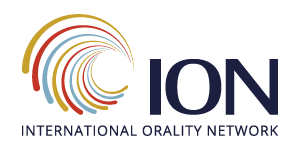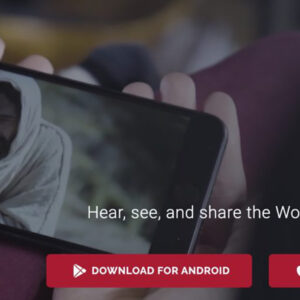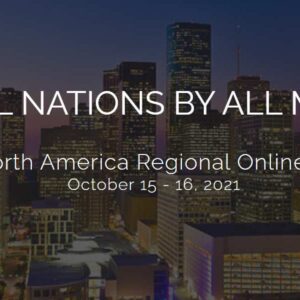INTERNATIONAL ORALITY NETWORK, AFRICA
WEST AFRICAN ORALITY CONSULTATION, NIGERIA
17TH-20TH JULY, 2017
SHARING THE GOSPEL AND MAKING DISCIPLES OF ORAL LEARNERS
DAY 1 INTRODUCTION
The West African Orality Consultation commenced today, the 18th of July, 2017, at the ECWA Headquarters International Conference Hall.
The purpose of this consultation is to understand the theory, practice and impact of orality in sharing the gospel and growing disciples in African context.
The consultation is aimed at achieving three main objectives:
- Understand orality and the theological basis of oral learning.
- Analyze the different practices of oral learning and how story telling has worked in different contexts in Africa.
- Share the impact of using orality in sharing the gospel and making disciples in Africa.
DAY 1: INTRODUCTION TO ORALITY
There were a number of eye-opening talks and thought-provoking discussions today, which introduced participants to the concept of orality and the theological perspective of orality. The talks and discussions were concluded with a session of questions and answers, as well as participants’ evaluation of the day’s activities.
Contrary to the popular opinion that reading is the best form of learning and communicating the gospel message, today’s sessions were geared towards emphasizing that most Africans learn, not necessarily by reading, but through oral means. We should be able to explain the Kingdom of God via a story of the Kingdom of God. This is because the significant thing about how people receive the message of the gospel is that very few are saved through reading the Bible by themselves; most people hear. In fact, in his presentation How can they Hear? Dr. Charles Madinger (of the Global Impact Missions) said 80% of the world population cannot hear or understand the message if we use textual means.
He argued that from the beginning, God did not communicate to the world through written texts; rather he communicated orally, via dreams, visions, prophecies, and also His incarnation (through the life and ministry of Jesus).
Dr. Madinger described the process of orality as a cycle that involves receiving, processing, remembering and passing on the message. He states that orality gap exists because of the influence of formal education.
He recommended the Jesus Model of communication as the most effective model for the church today. The Jesus Model covers seven major areas to use: culture (what makes us US and them THEM), Language (what sounds right), Literacy (going beyond reading and writing to understanding and making meaning), Networking (developing affinity and accountability), Memory (cognitive processing), Arts (packaging the content), and Media (broadcasting)
The second presentation centered on the Theological Perspective of Orality, by Dr Emmanuel Chemengech (Director of Accrediting Council of Theological Institutions). He gave the participants an understanding of Oral realities in Africa, Theological Basis of Orality as well as theological perspectives of orality in Theological Education.
In presenting the oral realities in Africa, he argued that the coming of Western missionaries distorted the oral learning of Africans. Prior to this, Africans were primarily oral learners; they learned through storytelling, proverbs, rituals, songs and dance, etc.
This has twofold implications for the church today:
- The gospel message should be packaged through a communication medium that the people understand (especially the oral learners).
- Sharing the gospel message must be cross cultural (the biblical culture, sender’s culture and recipient’s culture should be taken into account).
He highlighted three theological bases of orality as:
- The oral narrative nature of the Bible (about 70% of the Bible is narrative)
- The oral nature of ancient proclamation of the gospel (Jesus himself deliberately used stories, parables and questions to teach).
- The mandate of the Great Commission (“…go and make disciples of all nations…”Matt 28:18-20).
He concluded with the theological perspectives of orality in Theological Education, stressing six ways to improve theological education through orality:
- Design curriculum to engage oral behaviors.
- Shift to effective teaching methods.
- Modify learning outcomes assessment.
- Paradigm shift in structured theological education (mentoring and modelling instead of lecturing).
- Engage accrediting agencies.
- Provide theological basis for and resources for orality.
Orality remains the most effective way of communicating the gospel message; it is also an effective way of teaching. The focus should not be on how much knowledge is acquired, but on how much experience is gained. Education goes beyond passing notes from teacher to student without engaging the minds of both and transforming the student to transform others.
« Book Review: Make it Stick: The Science of Succe...ION Africa Jos Conference: Day 2 »










